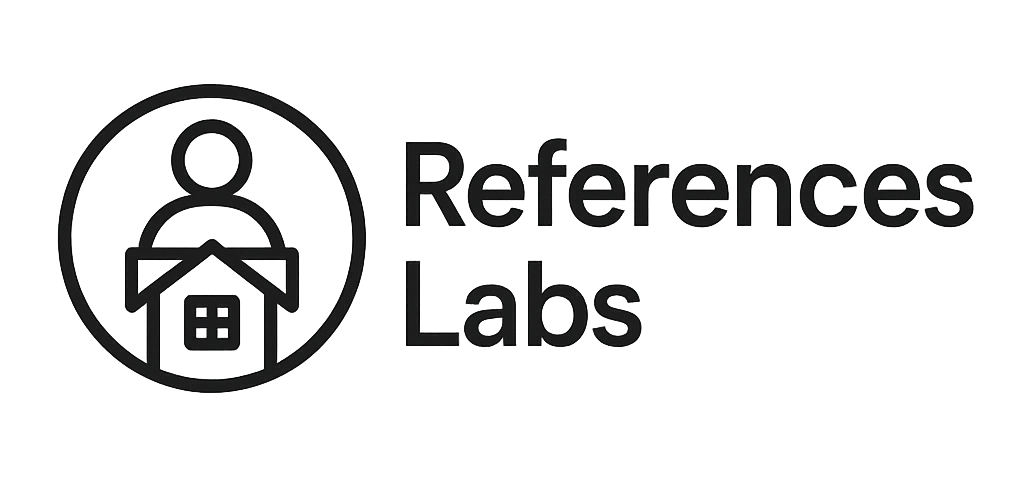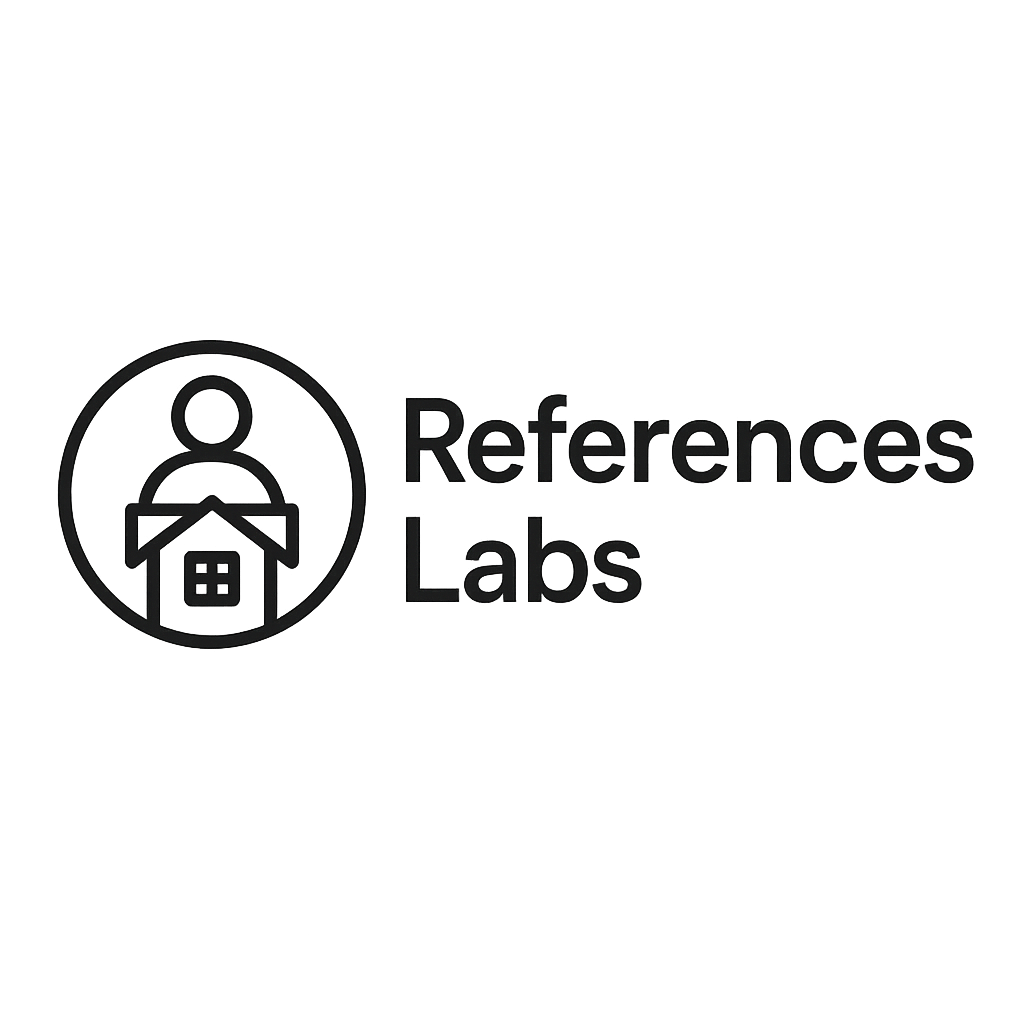Introduction to Online Dental Hygiene Programs
In an era where flexibility and accessibility in education are becoming increasingly important, online dental hygiene degree programs have emerged as a vital option for aspiring dental professionals. These programs provide an opportunity for students to pursue their dreams without compromising on their current commitments, whether they be personal or professional. The convenience and adaptability of these programs are particularly appealing for those who are balancing work, family, and education. As the demand for dental hygienists continues to grow, understanding the nuances of these flexible programs can be the key to unlocking a successful career in dental health.
Benefits of Flexible Learning
One of the primary advantages of flexible online dental hygiene degree programs is the ability to tailor your learning experience to fit your lifestyle. These programs often offer asynchronous classes, allowing students to access course materials and complete assignments at their own pace. This feature is particularly beneficial for students who are working or have family responsibilities, as it eliminates the need to adhere to a rigid class schedule. Moreover, the online format means that geographical barriers are removed, enabling students from various locations to enroll in programs that might have been otherwise inaccessible.
Another significant benefit is the potential for reduced costs. Online programs often have lower tuition fees compared to their on-campus counterparts, and students can save on commuting and accommodation expenses. This financial aspect can make higher education more attainable for many individuals, thereby broadening the pool of future dental hygienists.
- Asynchronous learning for schedule flexibility
- Reduced geographical limitations
- Potential cost savings
Key Components of Online Dental Hygiene Programs
While the flexibility of online dental hygiene degree programs is a major draw, it’s important to understand the key components that make up these educational offerings. The curriculum is typically designed to cover essential subjects such as anatomy, periodontology, and dental radiography, ensuring that students receive a comprehensive education. Practical experience is also a critical component, with many programs incorporating clinical placements or simulations to provide hands-on learning opportunities.
Technology plays a pivotal role in the delivery of these programs. Students can expect to engage with interactive platforms that facilitate communication with instructors and peers, as well as access to a wealth of digital resources. The integration of technology not only enhances the learning experience but also prepares students for the increasingly digital nature of the dental industry.
- Comprehensive curriculum covering essential subjects
- Incorporation of practical, hands-on learning
- Utilization of advanced technological tools
Conclusion: Embracing the Future of Education
Flexible online dental hygiene degree programs represent a significant shift towards more inclusive and adaptable educational models. By offering a blend of convenience, comprehensive education, and technological integration, these programs are well-suited to meet the needs of today’s diverse student population. For those considering a career in dental hygiene, exploring these online options can provide a pathway to success that aligns with personal and professional goals. As the field of dental hygiene continues to evolve, embracing these innovative educational opportunities can set the stage for a rewarding career in promoting oral health.






